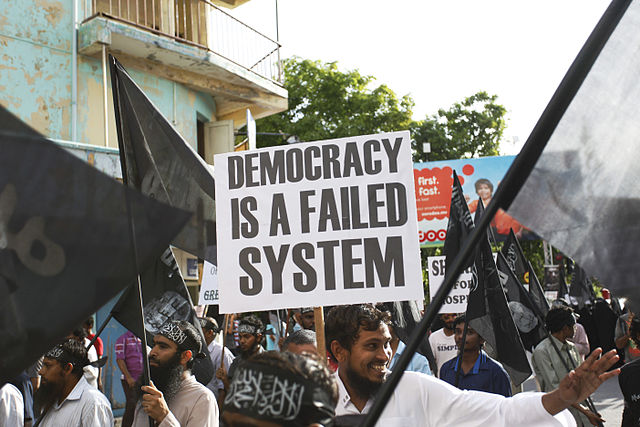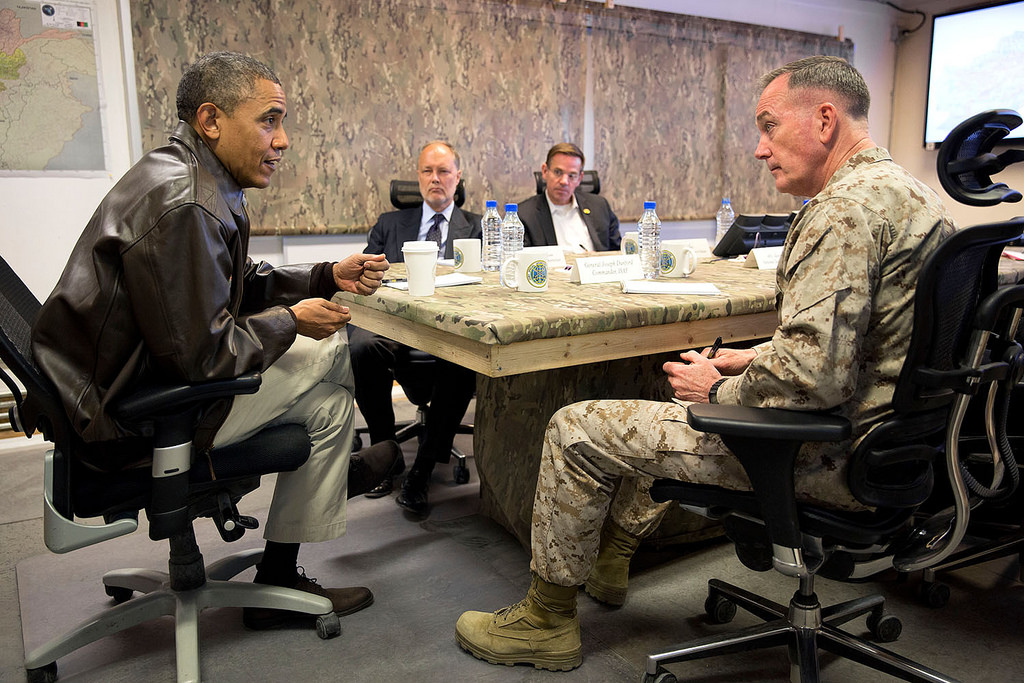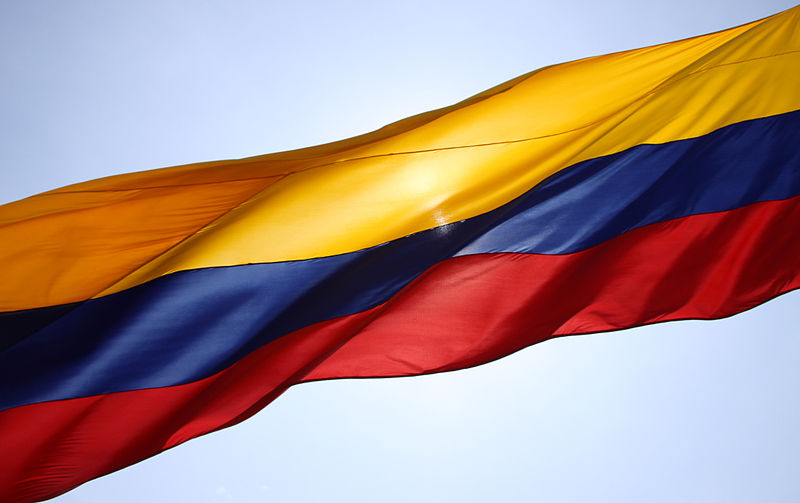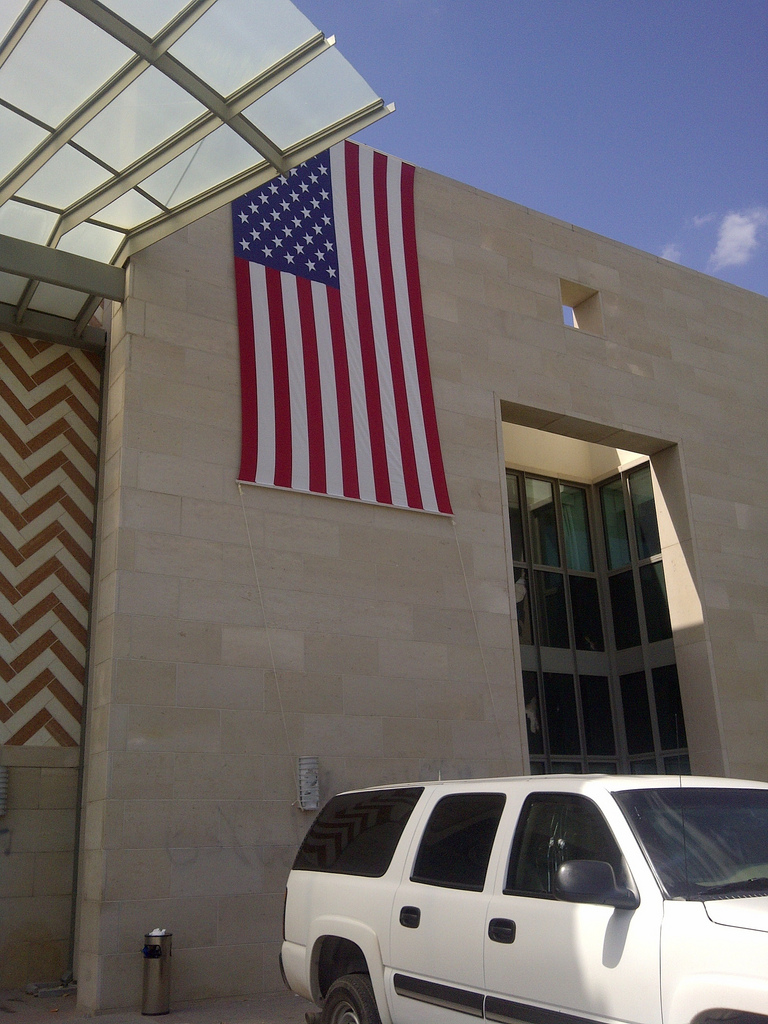By Sarah Bush
It isn’t easy being an American non-governmental organization (NGO) abroad these days. In July, the Russian government banned the National Endowment for Democracy, an American political foundation, as “undesirable.” Though this decision was especially headline-grabbing in the context of the general deterioration of American-Russian relations, it is part of a general trend (here and here) of countries cracking down on foreign and foreign-funded NGOs. Beyond Russia, the countries involved in this trend include Egypt, Uganda, Cambodia, and even some democracies.
Given the political sensitivities posed by funding American NGOs working internationally, why – and under what conditions – does the United States send American NGOs abroad? Although supporting local NGOs in developing countries also faces political challenges, doing so as part of a broader strategy of aiding democracy and human rights abroad seems less likely to result in a backlash against foreign interference while also having the advantage of greater local knowledge. Indeed, contracts to American NGOs in foreign assistance have been subject to widespread criticism recently. So why does the United States send American NGOs abroad? I take up these questions in a new article published by the Review of International Organizations that focuses on American assistance for civil society overseas.
For the US government, there are a number of advantages to backing American – rather than local – NGOs as a mechanism of supporting civil society abroad (there are also disadvantages associated with doing so, including the issues of political backlash, local knowledge, and cost noted above). First, American NGOs may have relatively greater technical capacity and can transfer their knowledge to local organizations. Second, supporting American NGOs’ work overseas is a form of “buying American”; indeed, American NGOs often lobby to win foreign aid contracts from the US government. Third, American NGOs are more likely than others to speak donor officials’ language, both literally and figuratively. That similarity makes it easier for donor officials to gather information about American NGOs’ activities and to communicate their preferences to American NGOs. This greater ease of communication should translate, on average, to activities and programs that are more “in line” with funders’ objectives.
When examining variations across countries in the United States’ reliance on American NGOs, this last dynamic is particularly important. I argue that, in the countries where donor officials worry most about ensuring that democracy aid supports other US policy objectives – namely, countries that are important for US foreign policy – they will fund American NGOs relatively more. In the article, a statistical analysis of new and original data supports this argument. Such logic helps us understand why American NGOs are especially commonplace in countries (say Jordan or Pakistan) that are important to American foreign policy interests.
The bottom line of the findings is that American NGOs serve useful functions for the United States when it seeks to advance democracy and human rights abroad, despite the criticisms of them. Thus, to the extent that foreign governments are able to effectively keep American NGOs out of their countries, the United States may be losing an important foreign policy tool.








3 comments
It sounds like the N in NGO is misplaced. As described above, the NGOs are fronts for US, US-NATO, or capitalist state organizations doing work for governments, whatever they pretend to be. Naturally, foreign ruling classes are going to be suspicious of them. As for democracy and human rights, let’s not be silly.
Also interesting was this sentence: “countries involved in this trend include Egypt, Uganda, Cambodia, and even some democracies”. Specifically Egypt.
Consider it from the point of view of a foreign government that is suspicious of an NGO. What would they make of Egypt’s most recent experience with democracy?
I think Jorge is on to something. Maybe the unreasonable expectation of complete impartiality can be managed by renaming them from NGO’s to GSDO’s (government sponsored development organizations), or maybe something more benign like FDO (foreign development outreach).